Who is running for the U.S. Senate seat in Michigan?

Editor's Note: This story was corrected on July 28 to say that Abdul El-Sayed fundraised $1.8 million, instead of the previously mentioned $1.1 million.
Since Michigan’s U.S. Sen. Gary Peters (D-Bloomfield Township) stated that he would not run for re-election in January, a number of candidates have thrown their bid for the seat in the 2026 Midterm Election.
Senate Republicans are hoping to remain as the majority party throughout the midterm election, while Democrats try to regain control. Michigan has been seen as a key state to win by both parties. Here are the top candidates so far:
Republican Candidates
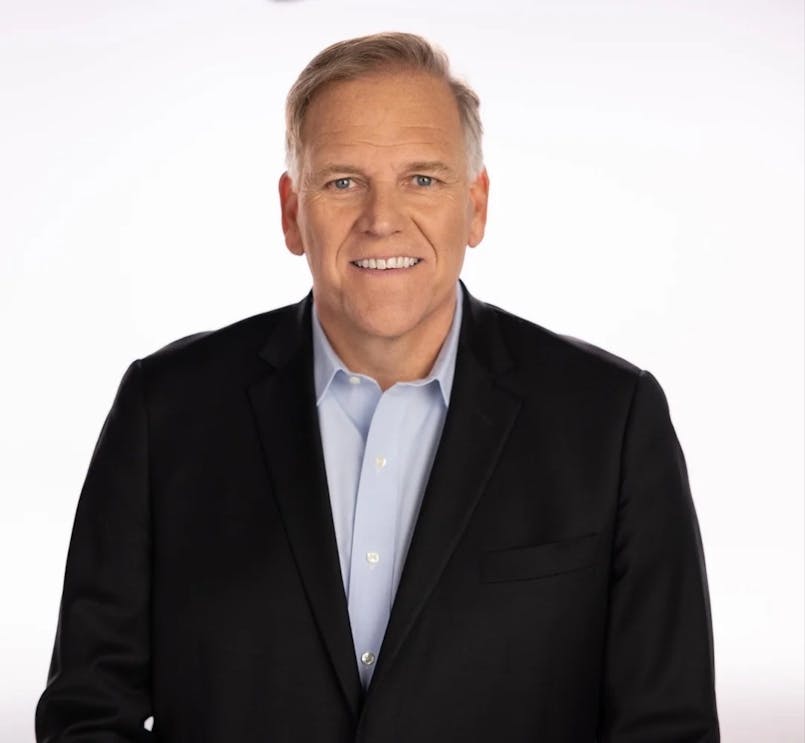
Former Michigan U.S. Rep. Mike Rogers (R-White Lake) is running for Michigan's U.S. Senate seat in the upcoming 2026 election. Courtesy of Mike Rogers.
Former Michigan U.S. Rep. Mike Rogers (R-White Lake) has declared that he would be running again for Michigan’s U.S. Senate seat. During the 2024 election, Rogers was narrowly defeated by Sen. Elissa Slotkin (D-Holly).
Rogers is now returning with a similar message to the one he brought to the 2024 Election. The Republican is focusing on issues similar to the Trump Administration, such as immigration, job growth in the United States and cutting “wasteful spending.”
Recently, President Donald Trump endorsed Rogers in a post on his social media platform, Truth Social.
“It’s time for a voice in the Senate that represents real Michigan values,” Rogers wrote in a press release. “Together, President Trump and I will unleash a great revival in the state of Michigan—one that helps families get back up on their feet, strengthens our schools, reduces violent crime and sparks a renaissance of manufacturing.”
Rogers couldn’t be reached for comment.
Democratic Candidates
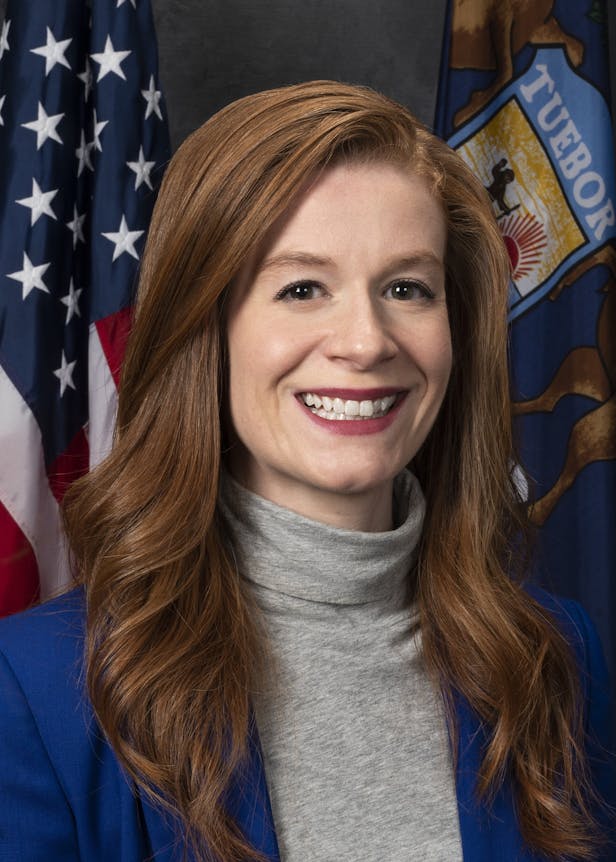
Sen. Mallory McMorrow (D-Royal Oak) has served as a state senator since 2019 and is running to takeover the soon to be vacant U.S. Senate seat for Michigan. Courtesy of Michigan Legislature
The top two contenders for the Democratic seat based on their fundraised amounts are state Sen. Mallory McMorrow (D-Royal Oak), who has been serving Michigan’s 8th District and U.S. Rep. Haley Stevens (D-Birmingham). Other Democratic candidates include Abdul El-Sayed and Rachel Howard.
In her campaign video, McMorrow said that her party needs “new leadership” and that the “same old crap in Washington” isn’t the right move for Democrats.
In 2022, McMorrow gained national attention after delivering a fiery speech on the Michigan Senate floor after being accused of wanting to “sexualize” kindergartners and “teach that 8-year-olds are responsible for slavery” by fellow State Sen. Lana Theis (R-Brighton Township).
While on the campaign trail, McMorrow has told voters she wants to see a “new American Dream” by looking at issues such as health care access, affordable housing and improving public and higher education systems.
“We’re generations behind,” McMorrow said in a recent speech in Hillsdale County. “That’s not the America we believe in, is it? That’s not the country we want to leave our children one, where we pass on our debt to them, and their debt to their grandchildren, where no one can dig out of their hole."
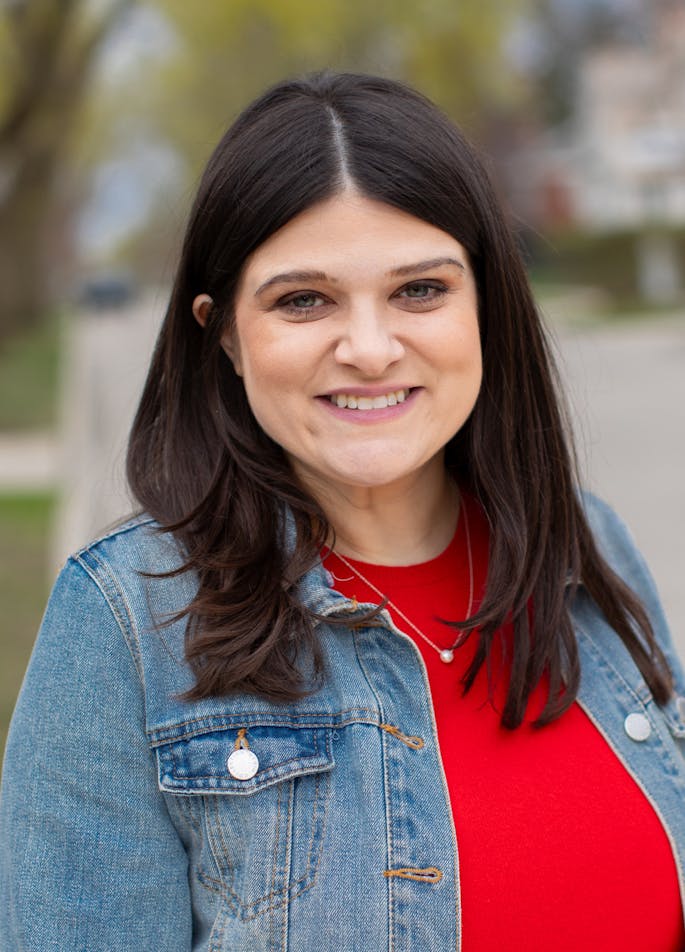
U.S. Rep. Haley Stevens (D-Birmingham) is running for U.S. Senator in the upcoming 2026 election. Courtesy of Haley Steven campaign.
Another candidate, Stevens, represents Michigan’s 11th District and has served in the role since 2019. Prior to her time as representative, Stevens served as the Chief of Staff for former President Barack Obama’s auto rescue to improve the auto industry during the Great Recession, according to her campaign website.
Through her time as representative, Stevens said, she has helped pass the “Building Blocks of STEM Act” in March of this year, which is designed for the National Science Foundation to support STEM education in early childhood education.
In her campaign, Stevens said she will work to reduce costs, create more jobs and grow and support Michigan’s manufacturing sector and auto industry.
“I’ve never shied away from doing the right thing for our state in the toughest moments,” Stevens said. “I am looking forward to continuing to fight for our economy, our workers and our families throughout the rest of my time in Congress and in the U.S. Senate.”
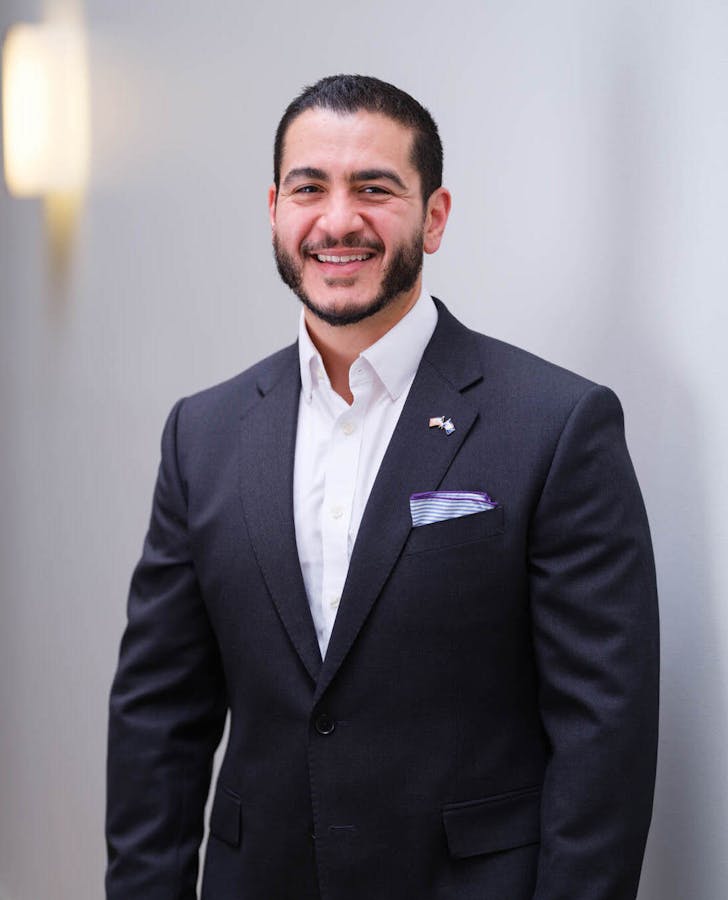
Abdul El-Sayed, former executive director of the Detroit Health Department, is running for U.S. Senator in the upcoming 2026 election. Courtesy of Abdul El-Sayed campaign.
El-Sayed remains in the top three candidates and raised around $1.8 million as of July, according to Newsweek. El-Sayed said all funding that goes toward the campaign is from individual funding.
El-Sayed has a background in medicine and said he originally wanted to be a doctor. He was the public health director for Detroit in 2013 and has experience as the director of the Department of Health, Human and Veterans Services in Wayne County, according to his campaign website.
“As I learned to ask and answer the two main questions that every doctor should be able to ask and answer, ‘what’s wrong and how can I help’, too often, the answers have more to do with what was wrong in our society and not just what was wrong in people’s bodies,” El-Sayed said.
El-Sayed said he wants to work to “take money out of politics” by passing laws that prohibit corporations from spending money to elect candidates, reduce taxes on small businesses and guarantee health care for all Michigan citizens.
“We want to be talking about issues all Michigan citizens face and talking about solutions that we bring to bear on those problems,” he said. “We’re going to build a movement that brings people back into our politics.”
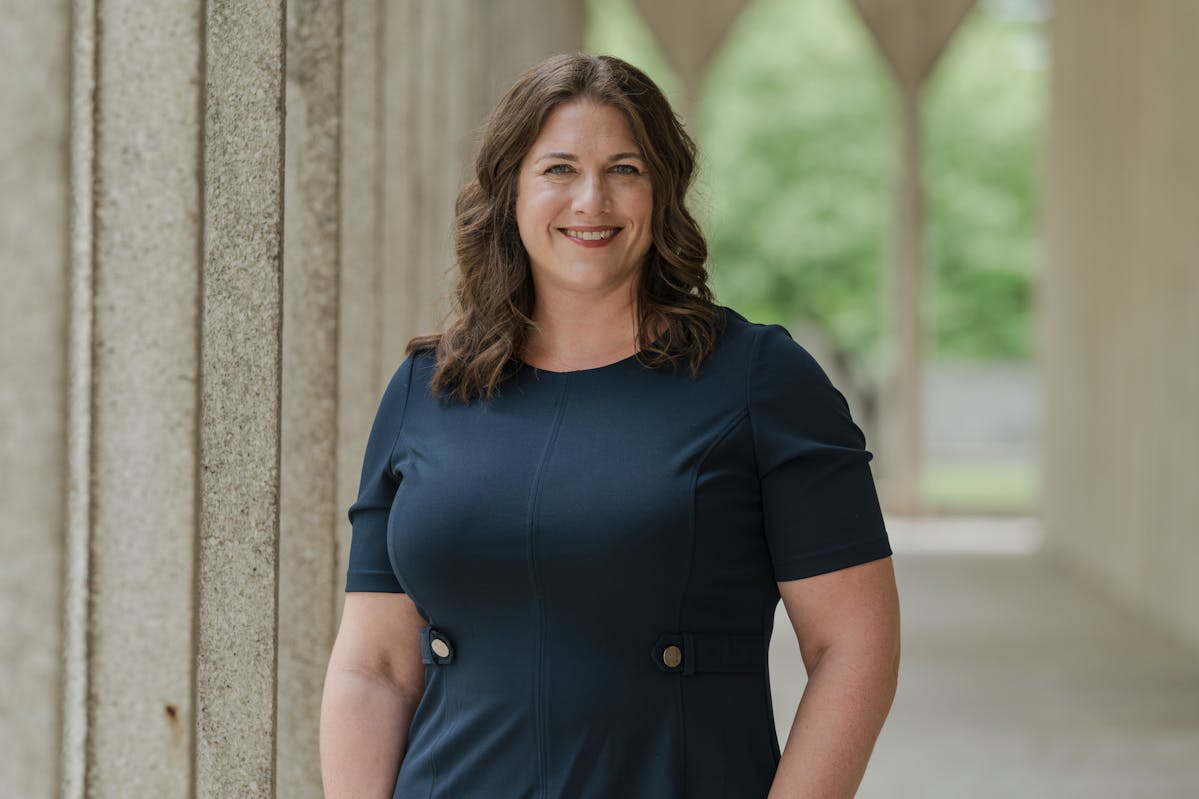
Rachel Howard, a U.S. Army veteran, is running for U.S. senator in the upcoming 2026 election. Courtesy of Rachel Howard campaign.
Rachel Howard, another candidate, stated she was not supposed to be a politician.
According to her campaign website, Howard served in the U.S. military for 14 years, worked as an emergency medical technician in metro Detroit and has published her research that advocates for change in the healthcare system for veterans. As time went by, Howard said she became disappointed in U.S. politics.
“I felt that politicians had become a class, as opposed to a general representation of the public,” Howard said. “So this past year, I finally said, 'I can’t do this anymore.' I can’t vote for the lesser of two evils as candidates, and if I don’t see the candidates that I want to vote for, then it’s up to me to be the candidate that I want to vote for.”
As a U.S. Senator, Howard said she wants to reduce childcare costs, make the housing market more affordable for families and revitalize rural areas.



